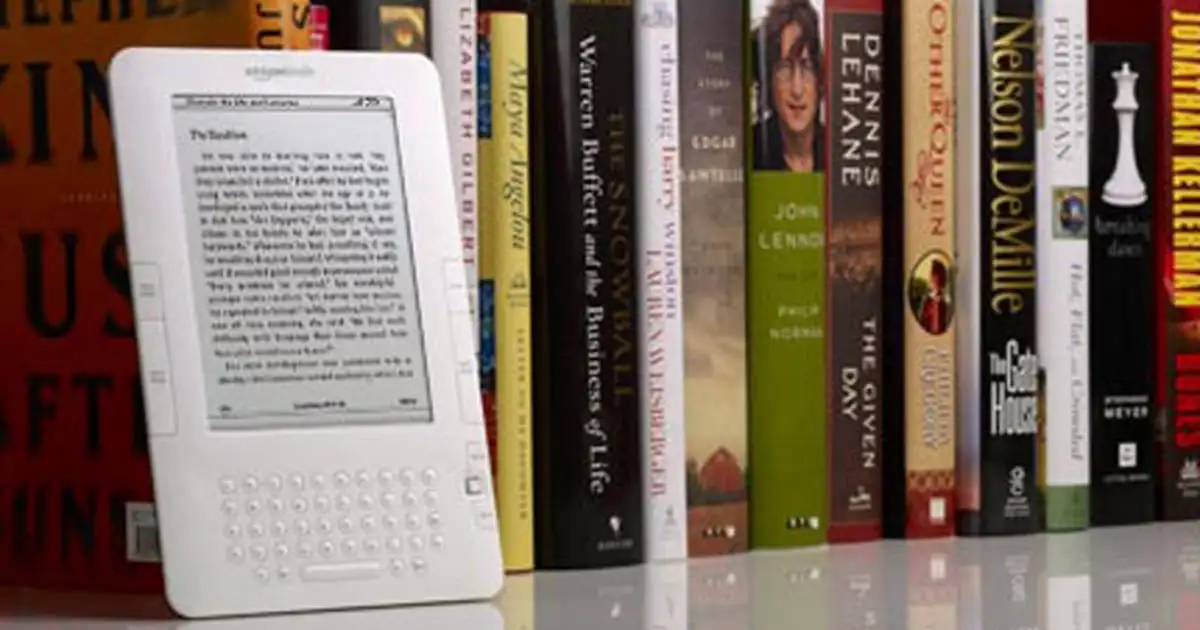This is not an anti-Kindle rant. I have purchased (rented?) several Kindle titles myself.
However, YSK that you are only licensing access to the book from Amazon, you don’t own it like a physical book.
There have been cases where Amazon deletes a title from all devices. (Ironically, one version of “1984” was one such title).
https://www.nytimes.com/2009/07/18/technology/companies/18amazon.html
There have also been cases where a customer violated Amazon’s terms of service and lost access to all of their Kindle e-books. Amazon has all the power in this relationship. They can and do change the rules on us lowly peasants from time to time.
Here are the terms of use:
https://www.amazon.com/gp/help/customer/display.html?nodeId=201014950
Note, there are indeed ways to download your books and import them into something like Calibre (and remove the DRM from the books). If you do some web searches (and/or search YouTube) you can probably figure it out.



That’s a shame. They need more licenses per book, it sounds like. But at least your community is highly engaged with your library!
Borrow the hardback
https://www.staradvertiser.com/2024/03/12/hawaii-news/libraries-battle-publishers-over-e-book-prices/
This might actually make sense. Borrowers can’t lose or destroy a digital copy, or bring it back late. Probably a digital copy enables more checkouts. Max of 26? Well think about he condition if the last library book you checked out that had 26 stamps on the list. Hard copies don’t last forever. Sad that they had to charge more based on these assumptions, but you can imagine some reasoning to them.